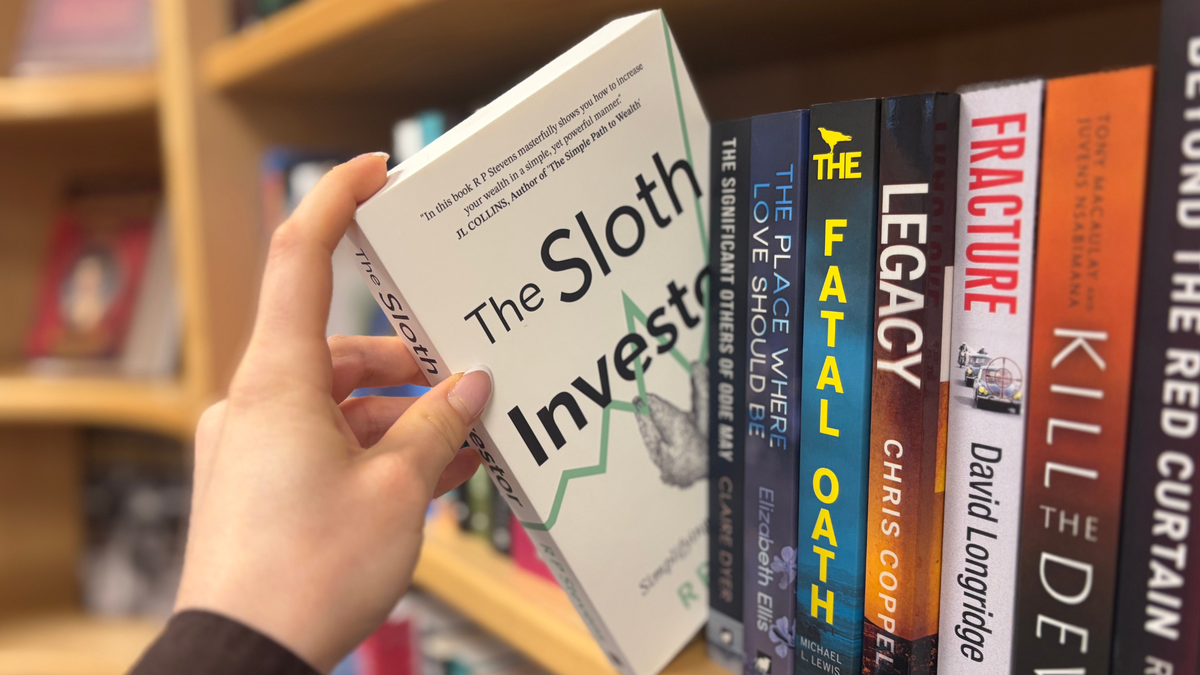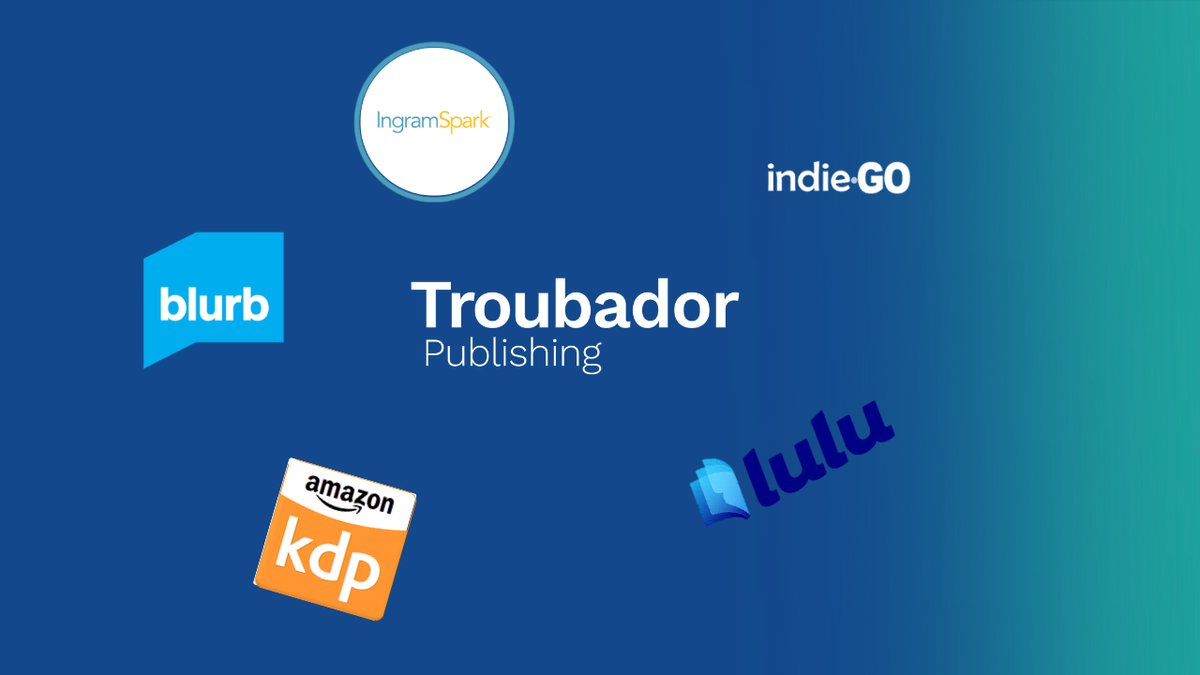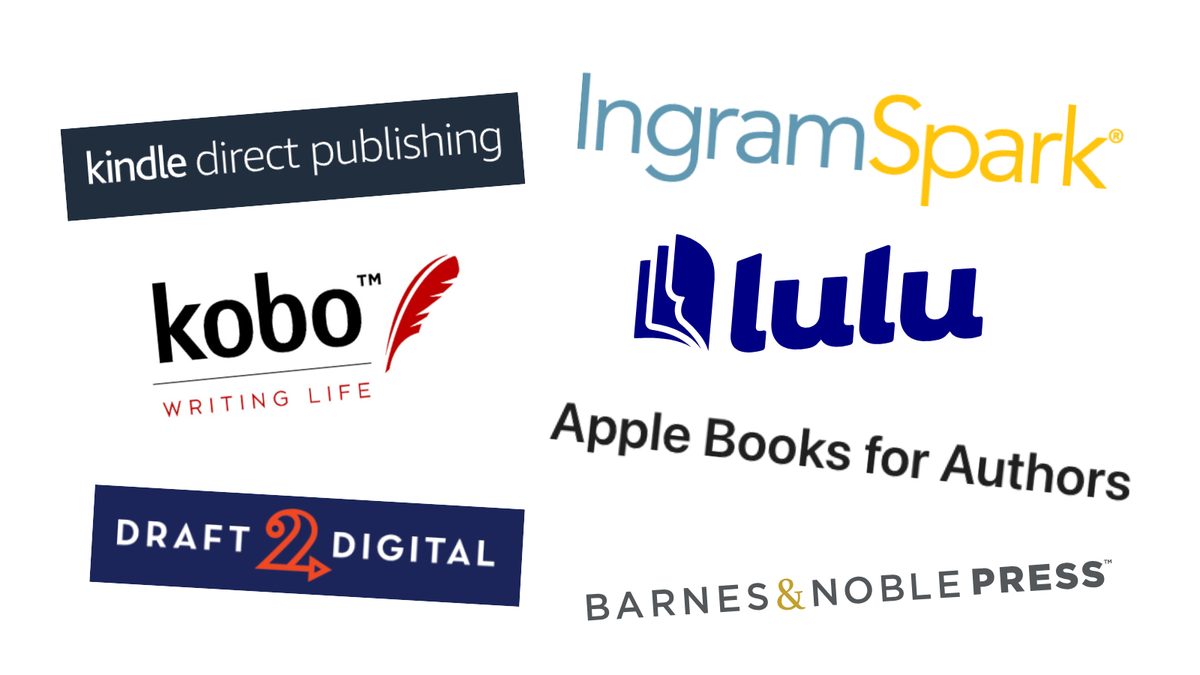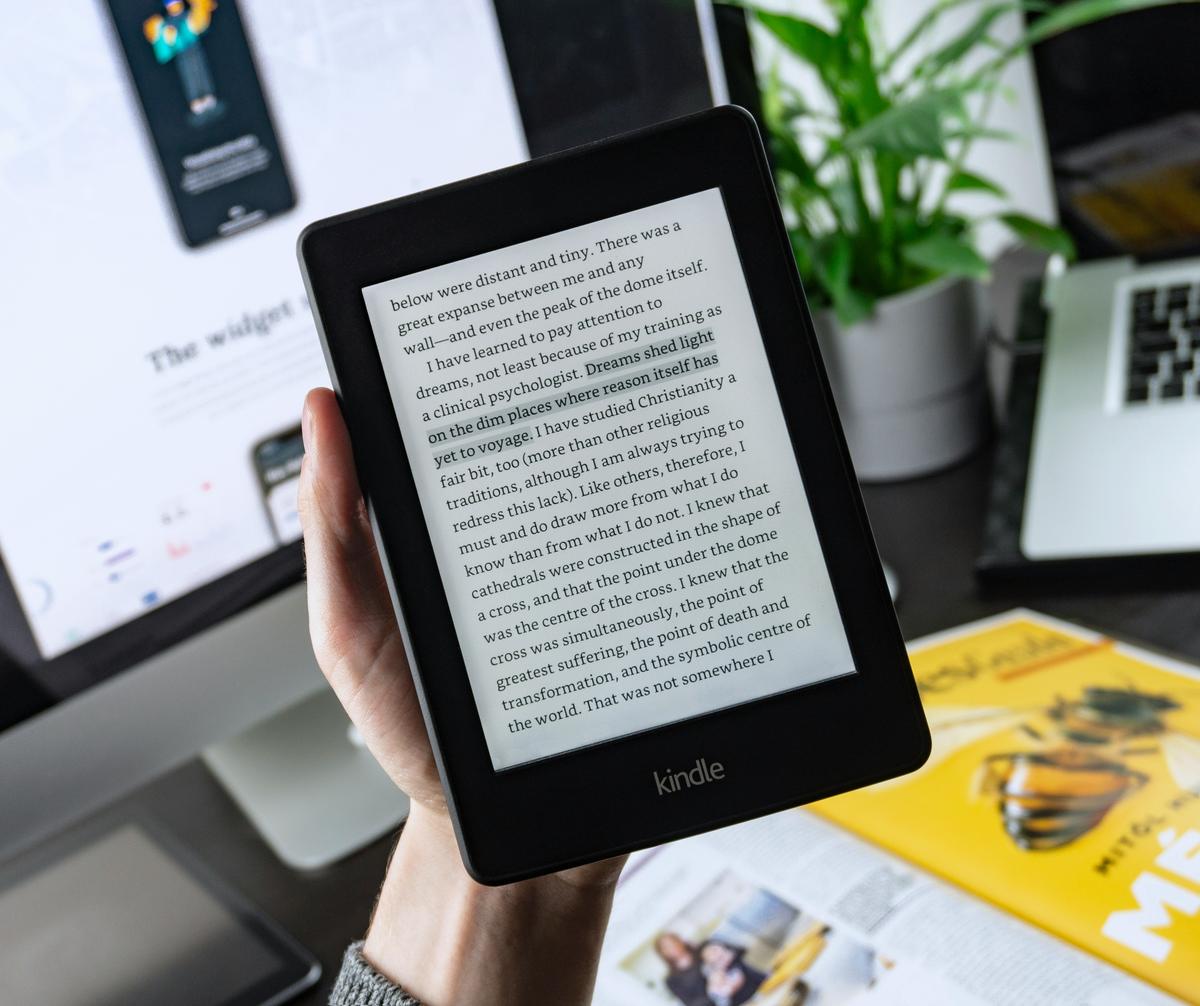
28th May, 2025
7 min read
7 Reasons Every Indie Author Should Consider Ebook Publishing
Written by:
Alex Thompson
Self-publishing a book is one of the most exciting - and overwhelming - experiences an author can have. You’ve poured your heart into writing it, and now it’s time to bring it into the world. But before you publish, there’s a crucial decision to make: should you release your book as an ebook, a print edition, or both?
For indie authors, choosing the right publishing format isn’t just a technical step - it’s a strategic move that can significantly impact your book’s success. Ebook publishing has gained massive traction in recent years, thanks to its affordability, speed and instant global reach.
If you’re on the fence about going digital, this article is for you. Below, you’ll discover seven powerful reasons why ebook publishing deserves serious consideration from every indie author, especially if you want to build your readership, boost sales and stand out in a crowded market.
1. Lower Publishing Costs
One of the most significant advantages of ebook publishing is the significantly lower cost compared to print. There are expenses associated with printing, shipping or storing physical copies, which can quickly add up for indie authors funding their projects. This makes ebook publishing a budget-friendly option for those who have limited resources. Ideal for writers who want to get their work out into the world without breaking the bank, it also offers a low-risk way to test your book’s market potential. You can publish digitally, gather reader feedback, build reviews, and make updates if needed, all before deciding whether to invest in a printed version later on.
2. Faster Time to Market
Ebook publishing offers a much faster route to market compared to traditional or print publishing. Instead of waiting months for printing, distribution, and shipping, you can have your ebook available to readers in just a few days. This speed is a huge advantage for indie authors who want to build momentum, release books quickly or respond to timely topics and trends. Whether you're launching a series or riding the wave of a hot niche, being able to publish fast keeps your audience engaged and allows you to stay ahead of the curve in a fast-moving digital marketplace.
3. Global Distribution
Ebook publishing gives indie authors instant access to a worldwide audience. With platforms like Amazon KDP, Apple Books, Kobo and Google Play Books, your book can be available across dozens of countries within hours. There’s no need to worry about bookshop placement, shelf space or negotiating with retailers - your ebook can be discovered and downloaded by readers anytime, anywhere.
This level of global reach was once limited to traditionally published authors who would publish printed copies of their books en masse for far-reaching distribution, but digital publishing has levelled the playing field. Best of all, for authors who might not have sought the help of a full-service self-publisher to take care of printed book distribution on your behalf, you avoid the hassle of managing shipping logistics or international postage yourself, making it simple and cost-effective to expand your readership far beyond your local market.
4. Higher Royalty Rates
One of the most appealing financial benefits of ebook publishing is the potential for significantly higher royalty rates. Unlike traditional publishing, which often pays authors just 1–15% of a book’s cover price, many digital platforms offer royalties of 60–70% on each sale. This means you keep a much larger share of the profits from your work. You also have full control over your pricing, allowing you to experiment with different strategies, such as discounts, promotions, or price adjustments, to maximise sales and revenue.
This flexibility is especially valuable for indie authors who want to manage their own business and respond quickly to market trends. Combined with the lower upfront costs of digital publishing, these higher royalties can result in better overall profit margins. You’re not only retaining more of your income but also gaining the freedom to make decisions that directly impact your book’s financial success. It’s a win-win for independent authors.
5. Easier to Update
One of the major advantages of ebook publishing is how easy it is to make updates. Whether you spot a typo, want to revise a chapter, or need to update your back matter with a new release or website link, you can do so quickly and effortlessly. Unlike print books, which require new editions and reprints for any changes to be made, ebooks can be updated at any time with no waste or added expense. This flexibility is ideal for indie authors who are continually tweaking their work. It ensures your book stays current, professional and reader-friendly.
6. Eco-Friendly and Convenient for Readers
Ebooks are a sustainable choice that appeals to environmentally conscious readers. With no paper, ink or shipping involved, ebook publishing significantly reduces your carbon footprint compared to print. This makes it an attractive option for readers who want to prioritise sustainability.
Beyond the environmental benefits, ebooks offer unmatched convenience. With just a few clicks, readers can download your book instantly to their devices. No waiting, no shipping delays. That instant access means your audience can start reading right away, whether they’re at home, commuting or on holiday. It's a seamless, user-friendly experience that modern readers increasingly prefer.
7. Building an Author’s Digital Brand
Ebook publishing is more than just a way to sell books. It’s a powerful tool for building your digital brand as an author. Ebooks can be used as lead magnets for a business or bonus content to grow your email list and connect with readers beyond a single purchase. Offering a free short story or prequel in exchange for an email address, for example, helps you build a loyal audience over time. You can also drive traffic to your author website by including links.
Promotion is easier, too. Ebooks are simple to discount, bundle or include in subscription services like Kindle Unlimited, which can boost your visibility and readership. Every sale, download and subscriber helps strengthen your brand and broaden your reach. For indie authors looking to build a lasting career, ebook publishing provides the flexibility and tools needed to grow a direct, engaged and loyal reader base.
The Limitations of Publishing an Ebook Without a Printed Book
While ebook publishing offers many advantages, releasing only a digital version of your book does come with some limitations. First, you may miss out on potential readers who prefer the experience of a physical book (like me!). Some readers may prefer physical copies over ebooks.
Print books also carry a sense of permanence and credibility that can enhance your author image, especially when promoting your work at events, in bookshops or during media outreach. Without a printed copy, opportunities for in-person sales, signings or gifts are limited.
Additionally, some reviewers, libraries and retailers still prioritise or require physical editions, which can restrict your book’s exposure. Finally, a print version adds another stream of revenue and helps you reach a broader audience.
For many indie authors, offering both formats creates the best of both worlds: the accessibility of digital with the tangible value of print. Skipping print may mean leaving money and readers on the table.
Why Ebook Publishing Isn’t Always Easy Alone
Ebook publishing might seem simple, but it involves far more than uploading a Word document to an ebook publishing platform. To compete in a crowded digital marketplace, your book needs professional editing, proper formatting for multiple devices, an eye-catching cover, keyword-rich metadata and a solid marketing strategy. Skipping any of these steps can hurt your book’s visibility and credibility.
With millions of new ebooks published every year, a poorly presented or hard-to-find title can easily disappear into obscurity. That’s why expert support is so valuable. Whether it’s working with a self-publishing service provider who will take care of the whole process for you, a network of freelancers that you'll need to source or seeking advice from professionals who understand the industry, experts ensure your book looks polished, functions smoothly and reaches the right audience. Investing in the right help can make the difference between a forgotten file and a successful book.
Why Ebook Publishing Deserves a Place in Your Strategy
Ebook publishing has transformed the landscape for indie authors, offering a fast, affordable and globally accessible way to get your book into readers’ hands. From lower costs and faster turnaround times to greater creative control and higher royalties, the digital format opens up a world of opportunities. It’s also a powerful tool for building your author brand, connecting directly with your audience, and growing your presence in a competitive market.
That said, it’s not without challenges. Publishing a professional, discoverable ebook requires more than enthusiasm - it requires expertise. And while skipping print may work for some, offering both formats often provides the widest reach and impact.
Ultimately, ebook publishing is an essential part of any indie author’s toolkit. With the right support and strategy, it can help you launch successfully, grow your readership, and lay the foundation for a thriving author career.












